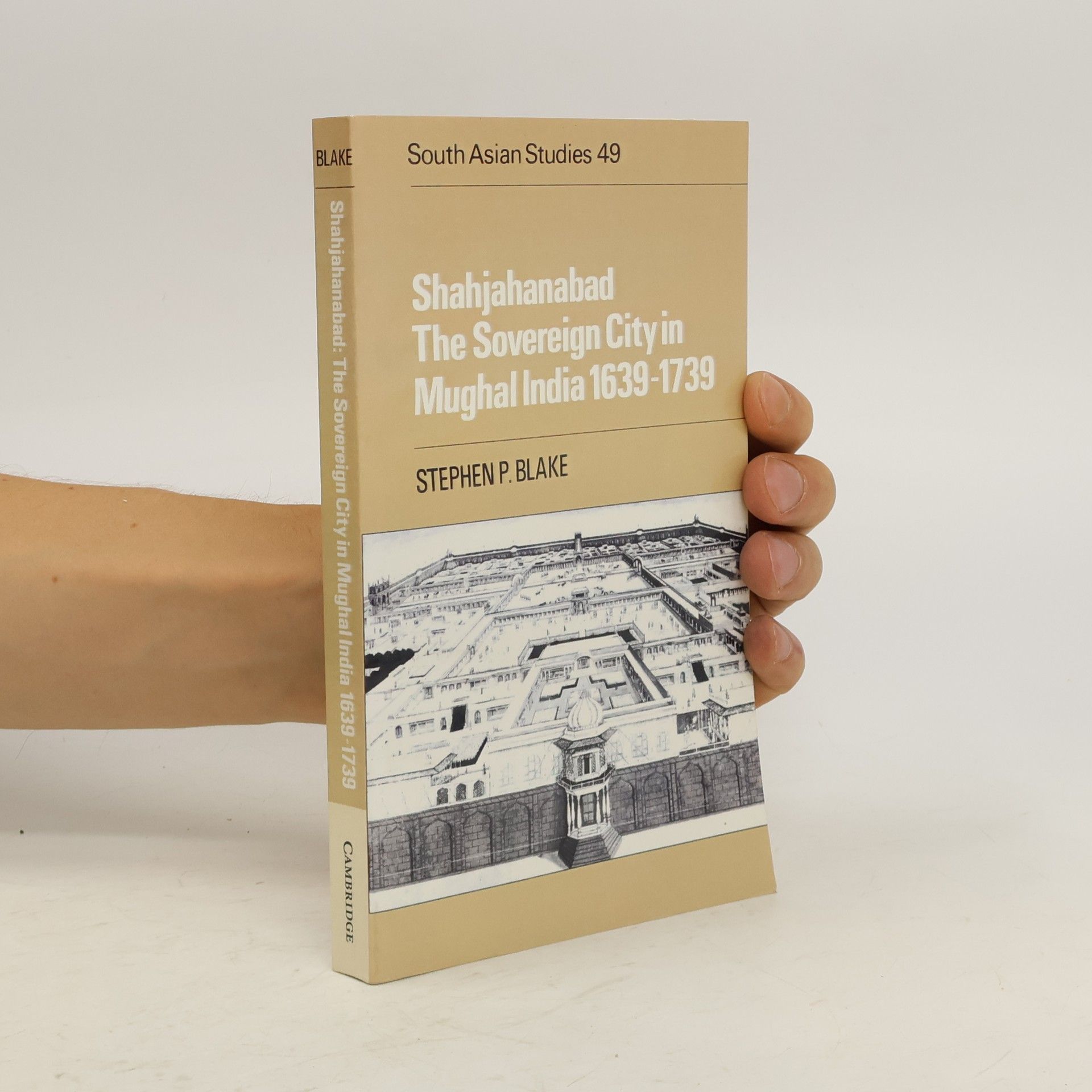Indian Business and Nationalist Politics 1931 39
The Indigenous Capitalist Class and the Rise of the Congress Party
- 244 pages
- 9 hours of reading
Focusing on the intersection of indigenous entrepreneurship and political nationalism, this study explores how local businessmen adapted to the evolving political landscape in India. It examines their strategies, challenges, and contributions during a time of significant social and economic change, highlighting the resilience and agency of these entrepreneurs in shaping their futures amidst rising nationalism. The book provides valuable insights into the dynamics of business and politics in a historical context.

